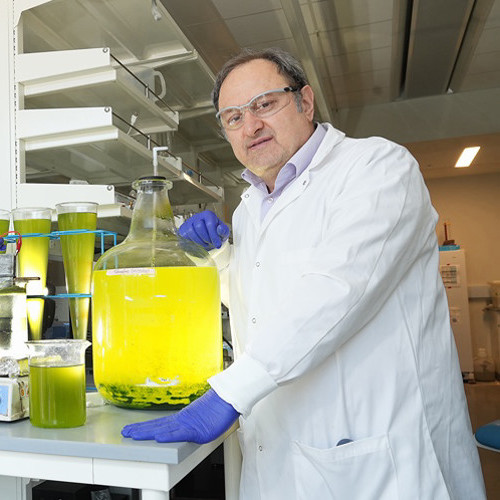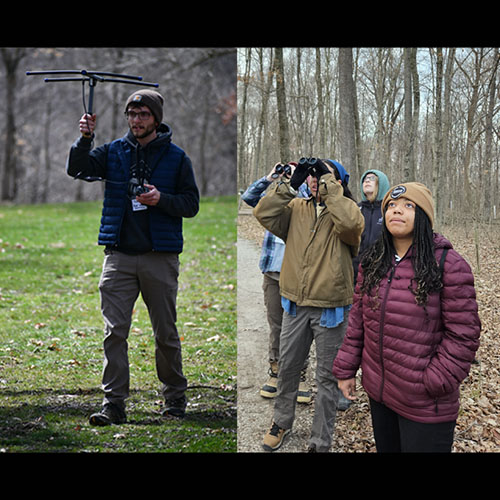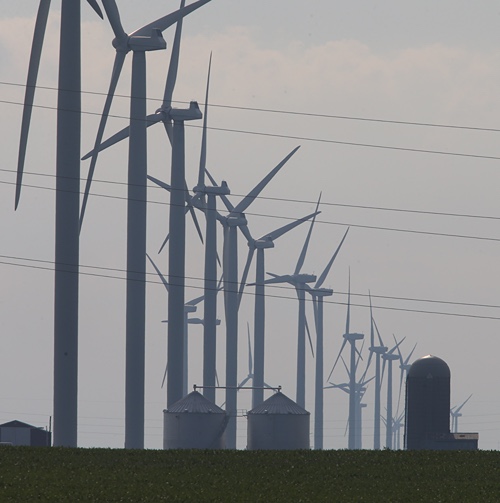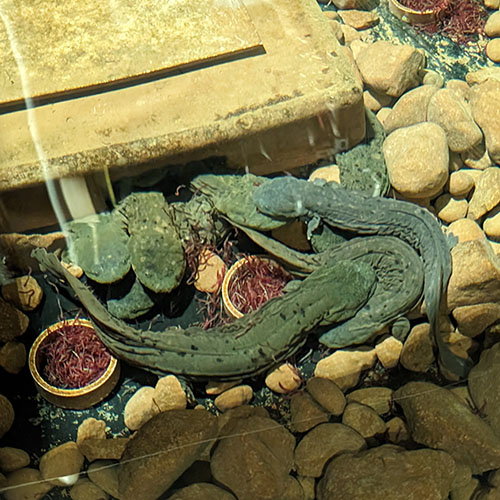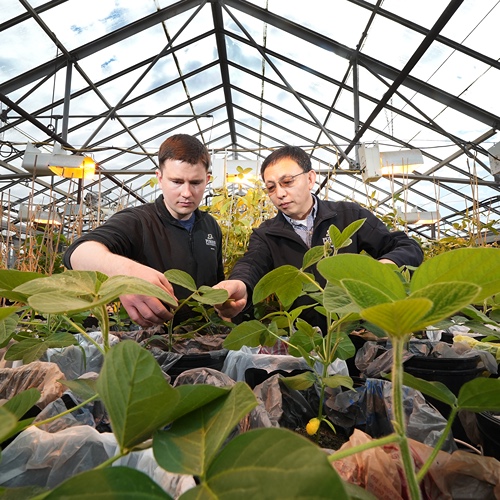In the agricultural sector, employers often seek professionals who have both advanced technical and scientific skills as well as soft skills like communication. It is important for agriculture professionals to develop strong communication skills so that they can communicate scientific and technical information. Among other things, educating the public about agriculture is a component of many agricultural jobs, and demand for agriculture professionals who have a background in communication and education is growing.
To help meet the demand for well-rounded agricultural professionals, Purdue University is offering a new 100% online graduate certificate in Agricultural Sciences, Education, Extension, and Communication (ASEEC). This certificate prepares students to develop a variety of hard and soft skills relevant to agriculture.
The ASEEC certificate is a good option for students interested in working in agricultural extension-type jobs or agricultural education jobs. Students complete hands-on projects that teach them how to communicate with a variety of audiences and stakeholders, including colleagues, journalists, investors and more.
“Employers often cite communication skills as the most important in their employees,” said Colleen Brady, professor of agricultural sciences, education and communication at Purdue University. “Courses in this certificate teach students how to use both communication, and education, approaches to sharing science-based information.”
To earn their ASEEC certificate, students complete nine credit hours or three courses – all offered fully online. Course topics include Science Communication, Issue Engagement for Agricultural Professionals, and International Agricultural Development, and cover other relevant topics in agricultural communication and education.
Since the certificate is online, students can complete the nine credit hours required on their own schedule. Each course is self paced, making this certificate a flexible option for working professionals. Students can earn just the certificate for a quick career credential, or they can transfer the credits from the certificate towards a full master’s degree from Purdue.
“All courses in this certificate are 100% asynchronous online, which means you can complete the courses at any time, ideal for working adults,” said Brady. “The courses easily fit around existing commitments.”
The next ASEEC certificate cohort starts in the fall of 2023. To apply, students must have completed a bachelor’s degree from an accredited institution with a GPA of 3.0 or higher. Students also need to submit their academic transcripts, a resume or CV, and three recommendation letters to be considered for admission.
“Many people working in the agriculture sector have degrees in technical areas such as animal science, plant science or food science but find that their job responsibilities, or opportunities for advancement, require more of the social science skills, like communication and educating others about products,” said Brady. “This graduate certificate program is ideally suited for working professionals to gain those skills, as well as a credential from the third-ranked College of Agriculture in the country.”
For more information on Purdue’s Agricultural Sciences, Education, Extension, and Communication Graduate Certificate, including how to apply, please visit the program’s website.
